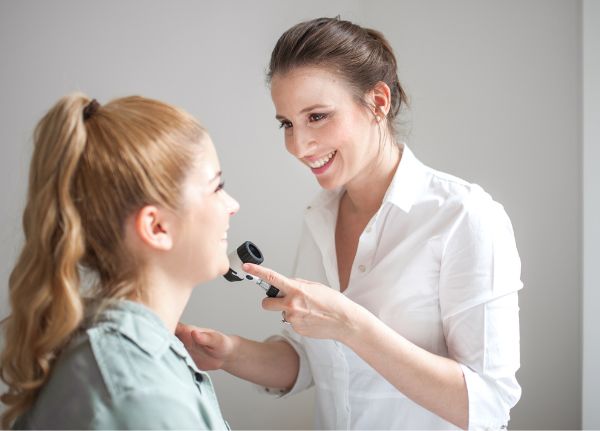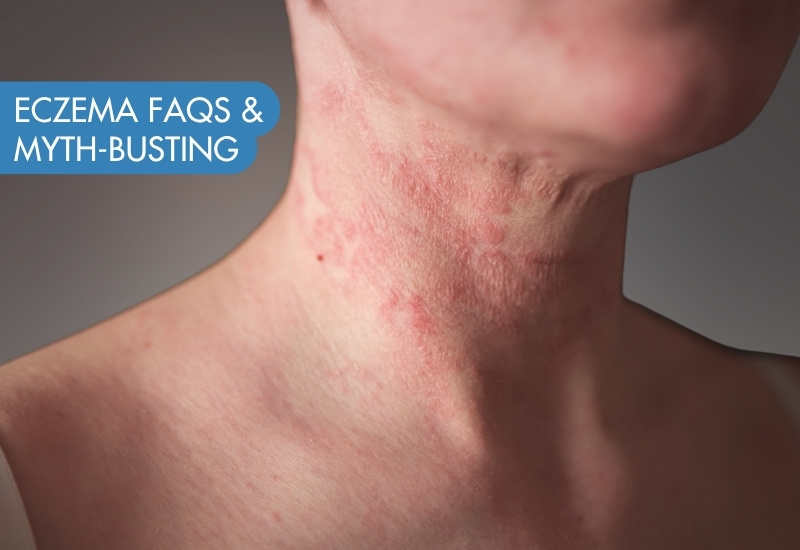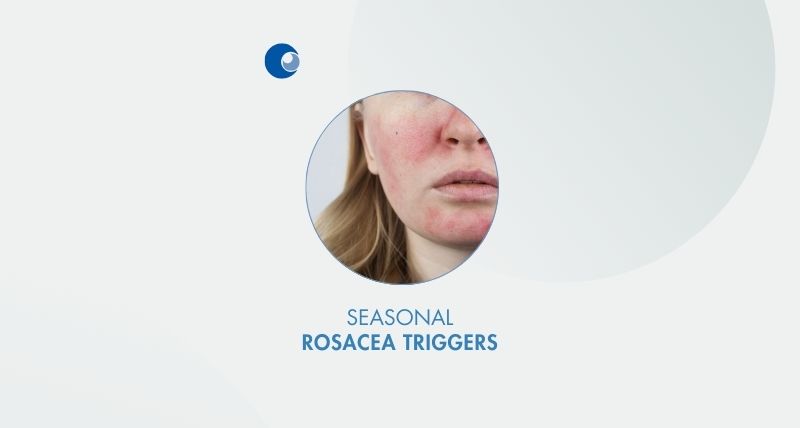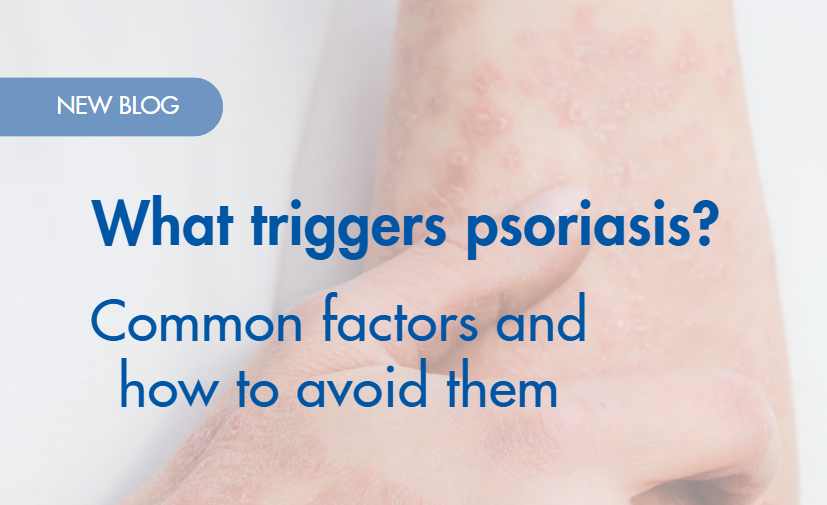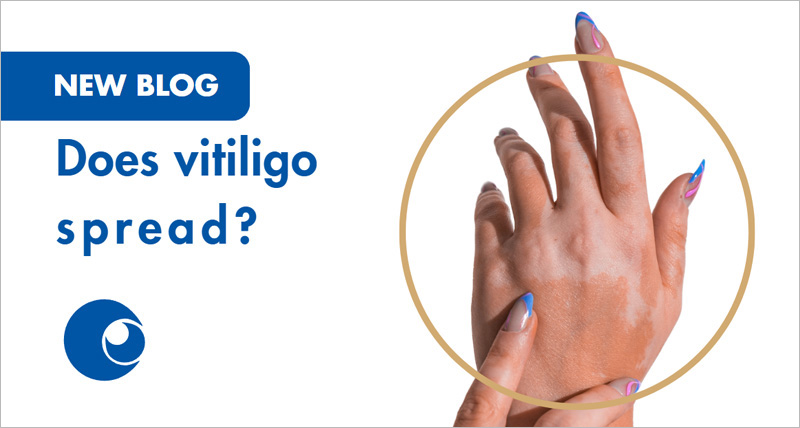Your skin is quite amazing. It contains 11 miles of blood vessels, sheds 30,000 cells per minute and accounts for 10-15% of your body weight. It’s packed with nerve endings that help you experience pleasure and pain. It has its own metabolism and microbiome. And it responds (often unhelpfully!) to your stress levels.
No wonder dermatologists find the skin so fascinating!
What is a dermatologist?
Dermatologists are doctors who specialise in conditions affecting the skin, hair and nails. That includes genital areas and the inside of your mouth.
It’s quite a big job! There are over 3,000 skin conditions affecting everyone from newborns to seniors. Treatment may involve prescribing oral or topical medications, conducting minor procedures or performing surgery.
As you might expect, dermatology training takes many years. First, we complete medical school and then we undertake 4 years of specialist medical training. That involves rotating through different training placements in hospitals and clinics and gaining experience in both city and country practice.
When should you see a dermatologist?
In the Australian health system, your GP is the first doctor you should see for any health problems.
GPs also have some dermatology training, meaning many common skin conditions like acne, psoriasis or eczema can be managed successfully in general practice.
However, you might need to see a dermatologist if your condition:
- Has persisted or worsened despite first-line treatments – some dermatology conditions can be very stubborn!
- Involves more serious risks to your overall health and well-being – skin and hair conditions can change your appearance, which may affect your mental health.
You may also choose to see a dermatologist for a regular skin cancer check. Indeed, if you have signs of skin cancer (moles or spots that are new or changing size or colour), then please see a dermatologist as soon as possible.
Do you need a referral to see a dermatologist?
No, but referrals are often helpful for both patients and doctors.
When your GP refers you to a dermatologist, it means:
- They agree you need specialist care.
- Your dermatologist has more information about your medical history, treatments you’ve tried so far and any test results, which can guide the next steps in your care.
- You can access Medicare rebates for your dermatology care, which may reduce costs.
Of course, if you’re happy to pay privately, you can see a dermatologist without a GP referral. Many people do just that for their skin cancer checks, for example.
How can Sinclair Dermatology help?
Sinclair Dermatology is the largest dermatology centre in Victoria, treating over 5,000 patients a year. We have an extensive staff, meaning we can offer prompt access to high-quality specialists.
If you’re concerned about your hair, skin or nails, please make an appointment today.
Disclaimer
All information is general and not intended as a substitute for professional advice. Sinclair Dermatology can consult with you to confirm a particular treatment is right for you.
References
- Skin Cancer Foundation, 10 surprising things about your skin,https://www.skincancer.org/blog/10-surprising-things-about-your-skin/, [Accessed 19 March 2024]
- Australasian College of Dermatologists, What’s a dermatologist? https://www.dermcoll.edu.au/community/whats-a-dermatologist/, [Accessed 19 March 2024]
- Australasian College of Dermatologists, Becoming a dermatologist: The training program, https://www.dermcoll.edu.au/for-health-professionals/becoming-a-dermatologist/the-training-program/, [Accessed 19 March 2024]
- Rachel E. Christensen, Mohammad Jafferany, Psychiatric and psychologic aspects of chronic skin diseases, Clinics in Dermatology, Volume 41, Issue 1, 2023, Pages 75-81, ISSN 0738-081X, https://doi.org/10.1016/j.clindermatol.2023.03.006, [Accessed 19 March 2024]
- Cancer Council, Checks for signs of skin cancer, https://www.cancer.org.au/cancer-information/causes-and-prevention/sun-safety/check-for-signs-of-skin-cancer, [Accessed 19 March 2024]

